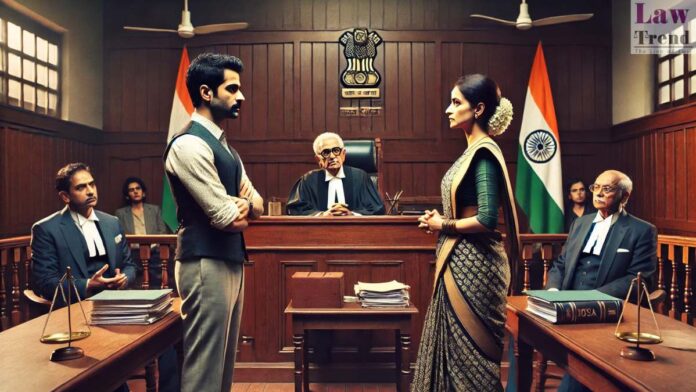The Madhya Pradesh High Court, in a significant judgment, has granted a decree of divorce to a couple living separately for 22 years, holding that the irretrievable breakdown of a marriage and the intentional resistance to divorce by one party constitutes cruelty under the Hindu Marriage Act, 1955. The decision was delivered by a division
To Read More Please Subscribe to VIP Membership for Unlimited Access to All the Articles, Download Available Copies of Judgments/Order, Acess to Central/State Bare Acts, Advertisement Free Content, Access to More than 4000 Legal Drafts( Readymade Editable Formats of Suits, Petitions, Writs, Legal Notices, Divorce Petitions, 138 Notices, Bail Applications etc.) in Hindi and English.




